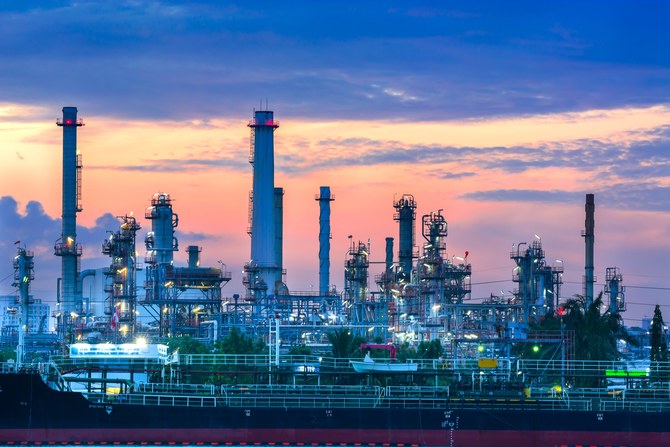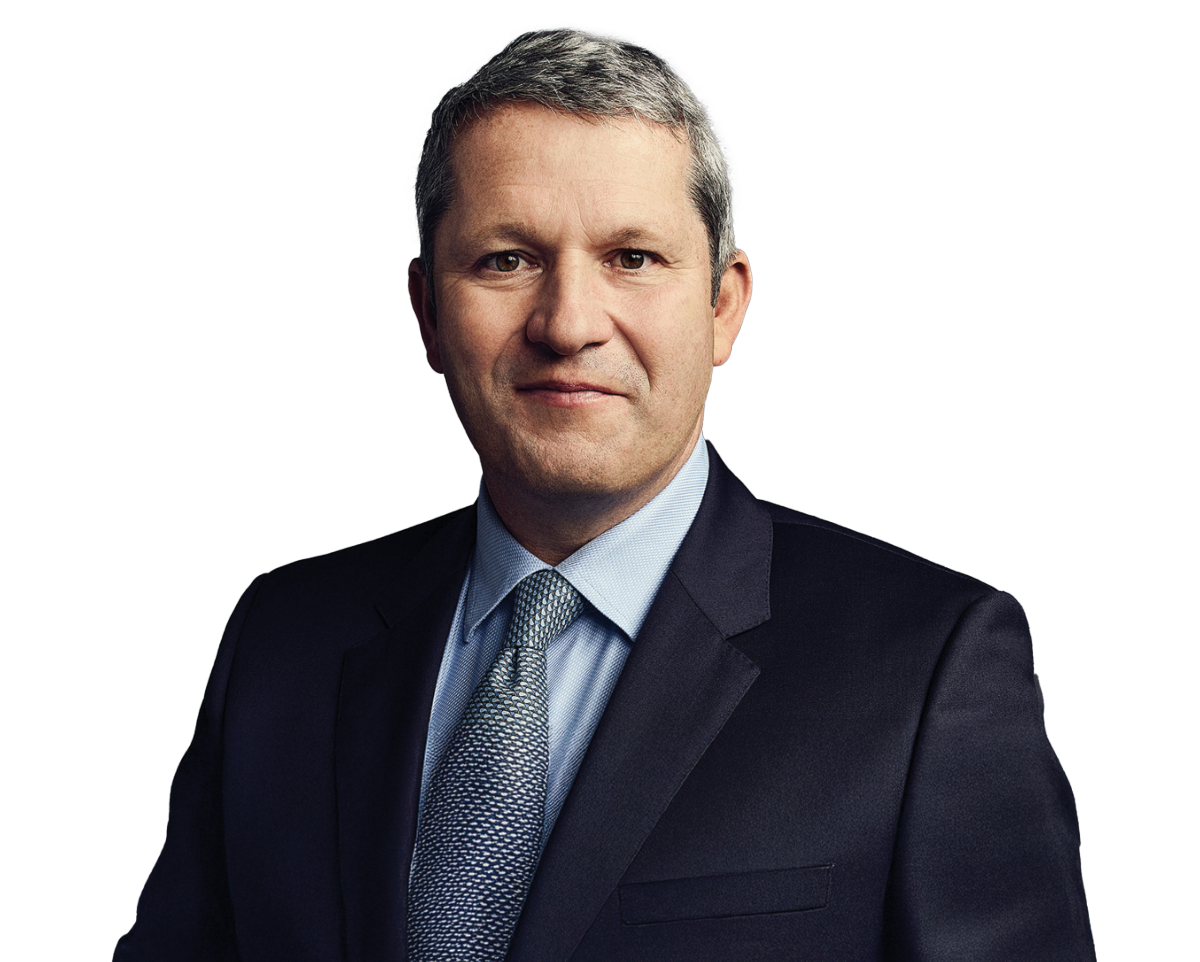LONDON: Preaching the virtues of the environmental, social and governance agenda has been something of a cause célèbre for big investors over the last decade.
And, despite controversy over returns, it has been very successful. Blue chip and even small companies now produce detailed reports to show how they are embracing ESG and incorporating it into boardroom policy and decision-making.
Moreover, banks also refuse to lend to firms that are involved in industries deemed to fall foul of ESG.
Last week, Jane Fraser, chief executive of US banking giant Citigroup, said the bank would abandon clients if they failed to meet its climate targets.
In Europe, the banking regulator is even looking at imposing higher capital requirements on banks whose ESG commitment falls short of accepted norms.
That could prove difficult. ESG is a fairly broad term and can cover a range of areas, from fossil fuels to defense industries. In simple terms, from an investor’s viewpoint, it basically means putting your money into companies that you believe behave well and taking your cash out of companies that are deemed to behave badly.
However, there is a growing backlash against the impact ESG is having on companies.
Earlier this month the chief executive of UK outsourcing group Serco, Rupert Soames, who is also the grandson of Sir. Winston Churchill, warned the growth of ESG was stopping companies working on contracts vital to the UK’s national security. Serco said it had decided to avoid contracts related to the UK’s Atomic Weapons Establishment after being warned by fund managers that they would drop the company’s shares.
‘Unintended conquences’
Soames said: “The unintended consequence of this for governments is that their suppliers will find it harder, or more expensive, to finance themselves in public markets.”
Few sectors highlight the impact of the unintended consequences of ESG than the energy sector right now.
ESG pressures have played a part in the huge fall in investment in oil and gas, as energy companies come under pressure to return money to shareholders and invest more in transitioning to greener energy and away from fossil fuels.
A recent report by Goldman Sachs noted that over the past decade financial markets have been increasing the cost of capital for high-carbon investments in sectors such as offshore oil and liquefied natural gas.
And if that hadn’t had enough of an impact on investment, this year the International Energy Agency issued its bombshell warning for investors to stop funding new oil and gas projects to ensure the world reaches net-zero emissions by 2050.
Threat of energy crisis
Thus, despite fast rising demand, the Riyadh based International Energy Forum estimates investment in oil and gas this year remains 23 percent below pre-pandemic levels at $341 billion.
This week, Saudi Energy Minister Prince Abdulaziz bin Salman warned falling investment threatened to cause a global energy crisis.
Prince Abdulaziz said Saudi Arabia was one of the few countries capable of increasing production capacity in 2022 if demand intensifies.
He said: “We are set for a period that could be dangerous. If there isn’t more spending on investments to preserve production capacity and increase it, an energy crisis is coming to the world.”
His view was echoed by the Kingdom’s finance minister, Mohammed Al-Jadaan, who said: “In Saudi Arabia, we have an interest in maintaining demand. We are also worried that demand is increasing and there are no alternatives to fill that gap and we don’t want oil prices to go too high.”
One of the biggest North Sea oil and gas developments in recent years, the Cambo project was shelved last week after oil major Shell withdrew from the project. Shell, which has a 30 percent stake in the field, said Cambo was not economically viable. However, project insiders said the decision was primarily influenced by a lack of support from the UK in face of climate protests against developing new oil and gas resources in the North Sea.
The failure of oil companies to match increased demand with higher production has left resolving the supply issue almost entirely in the hands of OPEC.
FASTFACT
Despite fast rising demand, the Riyadh-based International Energy Forum estimates investment in oil and gas this year remains 23 percent below pre-pandemic levels at $341 billion.
Market imbalances
However, this month OPEC Secretary General Mohammad Barkindo warned continuing reductions in oil and gas investments would lead to energy shortages, market imbalances and higher prices.
This year’s sharp spike in energy prices should serve as a wake-up call to re-examine the squeeze the ESG agenda is putting on companies as well as political demands for a cliff edge end to fossil fuel. Private capital may be moving away from the oil and gas sector under ESG pressure, but consumers are not. Put simply, ESG is choaking supply while doing nothing to address demand.
‘Greenwashing’
Moreover, accusations of “greenwashing” have also been levelled at large financial institutions. Deutsche Bank’s asset-management arm, DWS Group, is under investigation by BaFin, the German regulator, and the US Securities and Exchange Commission and the Department of Justice following allegations that it misrepresented its ESG capabilities.
Tariq Fancy, the former head of sustainable investment at investment giant BlackRock, caused uproar earlier this year when he said ESG has “little to no impact” on the environmental and social causes that companies claim to support, calling it a “dangerous placebo.”
Inflationary pressures
Global inflationary pressures, led by the sharp rise in energy prices this year, is a feature of the rushed transition towards decarbonisation and the demands of ESG.
Consumer demand is driving energy prices, and against the backdrop of the inability of renewables to meet demand, and the seismic collapse in investment in recent years, the cost of energy, as Barkindo and others have warned, looks likely to rise further.
It is against this backdrop that the tide of ESG may be finally turning.
Earlier this year, Texas passed a bill preventing State Pension plans and investment funds from investing in businesses that would cut ties with the energy sector.
Speaking earlier this month John Hess, chief executive of US oil firm Hess, said: “At the end of the day, to have an orderly transition, oil and gas are part of the solution, not the problem,” he said. “Our carbon footprint is 10 percent less now than 10 years ago. The real takeaway is that the energy transition will take a long time, cost a lot of money, and need technologies that don’t exist. We need climate literacy, energy literacy and economic literacy.”




























